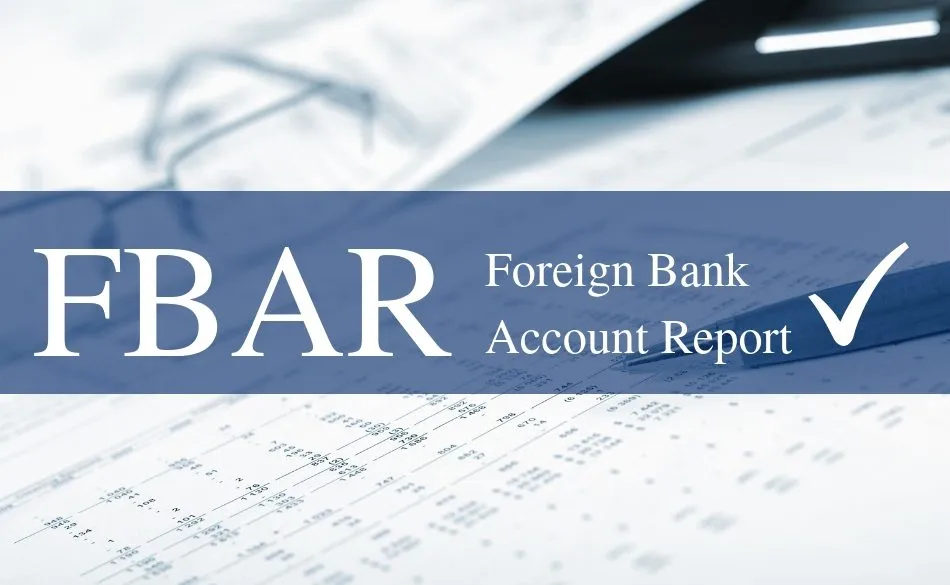 WhatsApp
WhatsApp
 Call Us
Call Us
 Email Us
Email Us
 Whatsapp Community
Whatsapp Community

As tax season approaches in India, Non-Resident Indians (NRIs) must navigate specific tax regulations under the Income Tax Act, 1961. Understanding residency criteria, income classification, and the nuances of India's two tax regimes is crucial. This guide will help NRIs determine which tax regime is more beneficial for their situation.
To qualify as a resident in India for tax purposes under the Income Tax Act, 1961, you must meet one of the following conditions:
If these conditions are not met, you will be classified as a Non-Resident (NR) for tax purposes. However, you can still be deemed a resident if:
Residents are classified into:
You are classified as NOR if you meet any of these criteria:
If none of these NOR criteria are met, you will be classified as an OR.
Income earned, accrued, and received entirely outside India, such as:
India operates two tax regimes:
|
Old Tax Regime |
|
|
Level of income (₹) |
Rate of tax |
|
0 – 2,50,000 |
Nil |
|
2,50,001 – 5,00,000 |
5% |
|
5,00,001 – 10,00,000 |
₹12,500 + 20% of the amount exceeding ₹5,00,000 |
|
10,00,001 and above |
₹1,12,500 + 30% of the amount exceeding ₹10,00,000 |
|
New Tax Regime |
|
|
Level of income (₹) |
Rate of tax |
|
3,00,001 – 6,00,000 |
5% |
|
6,00,001 – 9,00,000 |
₹15,000 + 10% of the amount exceeding ₹6,00,000 |
|
9,00,001 – 12,00,000 |
₹45,000 + 15% of the amount exceeding ₹9,00,000 |
|
12,00,001 – 15,00,000 |
₹90,000 + 20% of the amount exceeding ₹12,00,000 |
|
15,00,001 and above |
₹1,50,000 + 30% of the amount exceeding ₹15,00,000 |
Choosing between the old and new tax regimes depends on your financial situation and the nature of your income. Here are some key considerations:
Old Tax Regime:
New Tax Regime:
India has Double Taxation Avoidance Agreements (DTAA) with over 90 countries, preventing NRIs from being taxed twice. NRIs should check if their resident country has a DTAA with India to benefit from exemptions or lower tax rates.
Yes, a surcharge is imposed on the base income tax when taxable income exceeds ₹50 lakh. The rates vary based on income level and nature of income.
|
Level of Income |
Existing Tax Regime |
New Tax Regime |
|
Rate for Dividend Income and Capital Gains |
Rate for Other Income |
|
|
Less than ₹50 lakh |
Nil |
Nil |
|
₹50 lakh – ₹1 crore |
10% |
10% |
|
₹1 crore – ₹2 crore |
15% |
15% |
|
₹2 crore – ₹5 crore |
15% |
25% |
|
Above ₹5 crore |
15% |
37% |
Additionally, a health and education cess of 4% is levied on the total of the base income tax and surcharge, applicable to all income levels in both regimes.
Certain incomes are taxed at special rates:
Yes, NRIs must pay advance tax if their estimated income, after TDS, exceeds ₹10,000 in a financial year.
Advance tax is payable in instalments. Failure to pay or shortfall results in a 1% interest charge per month. For the first three instalments, interest is calculated for three months each, while for the fourth instalment, it is for one month. Post-March 31 defaults incur an additional 1% interest per month until payment completion, with subsequent taxes to be paid as self-assessment before filing returns.
Deciding which tax regime is better for NRIs involves evaluating your income sources, potential deductions, and the simplicity you prefer in tax filing. The old regime might be more suitable if you have substantial deductions, while the new regime offers lower rates with fewer complexities. As the ITR filing deadline approaches, make sure to review your options carefully to optimize your tax obligations in India.







Stay in the loop, subscribe to our newsletter and unlock a world of exclusive updates, insights, and offers delivered straight to your inbox.